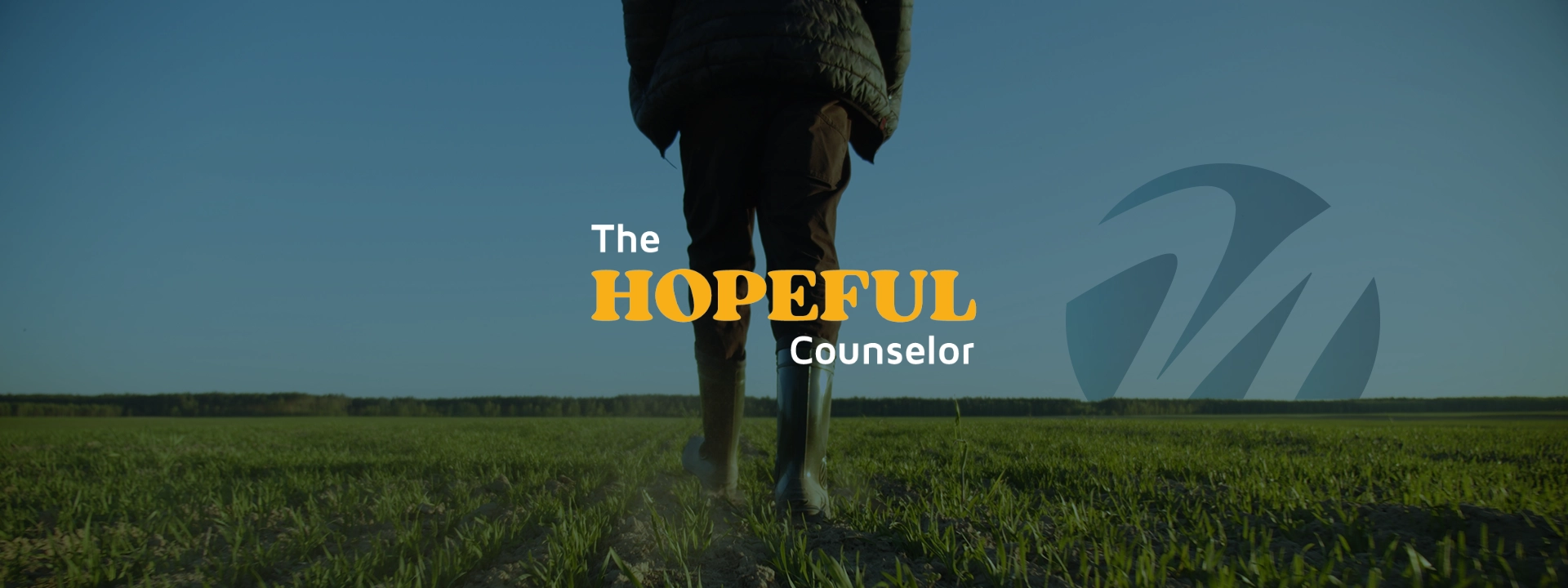As one of America’s most productive agricultural communities, Weld County, with our farmers, ranchers, and agricultural workers sustain entire communities and feed people all over the world. Yet, beneath this resilience lies a growing problem—one that too often goes unnoticed: suicide in rural and agricultural populations.
While mental health challenges affect people from all walks of life, those living in rural areas face unique stressors and barriers that increase their risk. For individuals whose lives are intertwined with the land, long hours, financial strain, injuries, isolation, and generational pressure can be overwhelming. According to the Centers for Disease Control, suicide rates in rural counties are consistently higher than in urban areas, and those working in agriculture are among the occupations with the highest rates of suicide. It is widely discussed that 22 veterans die a day by suicide while the agricultural community suffers through a suicide rate approximately three times higher than even veterans.
It’s time we talk about it—and more importantly, to do something about it.
Understanding the Pressures

Financial Strain & Market Instability
Agriculture works at the mercy of forces beyond any person’s control: weather, competition from global conglomerates, market instability, policy shifts, and rising input costs to name a few. One season of bad weather can mean the loss of a year's income—and, in many cases, the family farm. This uncertainty can create profound and chronic stress and anxiety.

Isolation
Rural communities are physically, and often, socially isolated. With miles between neighbors and limited public transportation, connecting with others—or even accessing a mental health provider—can be difficult. It can take a couple hours just to drive across Weld County, let alone navigate county roads following snowstorms or fires.

Stigma Around Mental Health
Many in rural areas grow up with a culture of self-reliance and fortitude and that is usually a gift until someone doesn’t recognize problems are beyond their own ability to cope and they don’t seek help. Talking about mental illness, stress, or suicidal thoughts can feel like a weakness, which keeps people suffering in silence, while those who speak with someone about how they’re feeling are enjoying the relief of asking for help.

Generational Pressure
It’s very common to hear about a family that has lived on their land for generations through indescribable stressors such as the Dust Bowl, the Great Depression, the farm crisis of the 1980s, and more. Current agricultural communities face stressors that no generation before them has had to navigate such as young people moving away and never returning, skyrocketing debt because of the cost of inputs like equipment, soil erosion, climate pressures like drought or fire, and the astonishingly high costs of land due to development and speculation. The generation of agriculture workers bear the weight of knowing their predecessors survived and kept the farm alive and no one wants to be the one that sank a family farm.

What Can We Do?
- Talk About It Openly: When we normalize mental health conversations, we chip away at stigma. Encourage check-ins among friends and family and make space for people to talk about their stress, grief, or emotional pain—without judgment.
- Bring Resources to Rural Communities: Mobile crisis units, teletherapy, and integrated care models are helping bridge the gap.
- Train Community Members: Gatekeeper training programs like QPR (Question, Persuade, Refer) or Mental Health First Aid can equip pastors, teachers, ag extension agents, and neighbors to recognize warning signs and respond effectively.
- Advocate for Policy Change: Support policies that provide financial relief for farmers, invest in rural mental health infrastructure, and protect agricultural workers. Addressing the root causes of distress—like debt and land loss—is essential.
- Promote Crisis Support Services: North Range Behavioral Health is available 24/7 by (Get this from Micayla), The 988 Suicide & Crisis Lifeline is also available 24/7 and can connect people to trained counselors. Specialized helplines like Farm Aid’s Hotline (1-800-FARM-AID) or the AgriStress Helpline are tailored specifically for agricultural communities.
You Are Not Alone
For as long as I can remember, agricultural communities in America have always shown up to support their neighbors when they ask for help. Preventing suicide is no different. Together, we can break the silence, reduce stigma, and build a stronger, healthier future for our rural and agricultural communities. At North Range Behavioral Health, we stand ready to help—because every life matters, and every story deserves to continue.

Blog Contributor:
Bennett Edgerly, Ph.D., LPC-S
Clinical Network Director of the Adult Outpatient Network
North Range Behavioral Health




